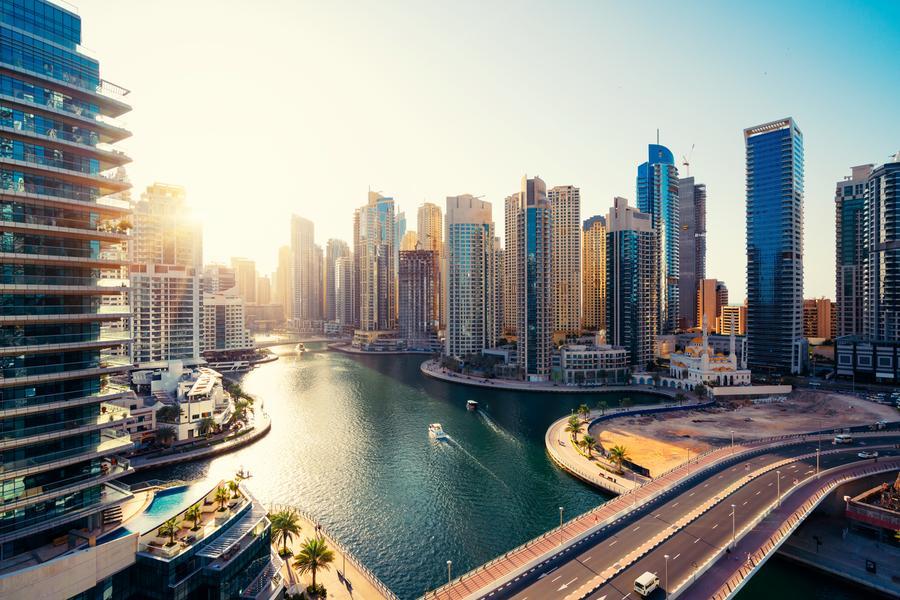The United Arab Emirates (UAE) is poised for a surge in its non-oil economy, with forecasts by the World Bank predicting a growth rate of 4. 8% by 2023. This significant expansion reflects the UAE's ongoing efforts to diversify its revenue streams and lessen its dependence on hydrocarbon production.
The diversification strategy appears to be yielding positive results, as sectors like tourism, real estate, construction, and manufacturing are anticipated to be the key drivers of this non-oil growth. The UAE's robust domestic demand is another factor contributing to the projected economic upswing.
This growth trajectory is a welcome change from the previous year, where the UAE's overall GDP witnessed a slowdown to 3. 1%, largely due to weaker global economic activity and a decline in oil production in accordance with OPEC+ agreements. The oil sector's contribution to the UAE's economy is expected to contract by an estimated 2. 7% in 2023.
However, the resilience of the non-oil sector has emerged as a bright spot in the UAE's economic landscape. The financial and insurance services sector, along with the construction, real estate, and wholesale and retail trade sectors, are expected to witness notable growth. This indicates a maturing and diversifying economy in the UAE, less vulnerable to fluctuations in global oil prices.
The World Bank's forecasts paint an optimistic picture for the UAE's immediate economic future. The projected growth is expected to translate into a number of benefits for the nation, including increased job creation, improved living standards, and a more robust overall economy. It is a testament to the UAE's strategic investments in diversifying its economic base and fostering sustainable growth.
Looking ahead, the UAE's continued commitment to diversification will be crucial in maintaining this momentum. By investing in key growth sectors, fostering innovation, and attracting foreign investment, the UAE can solidify its position as a leading economic hub in the region.

